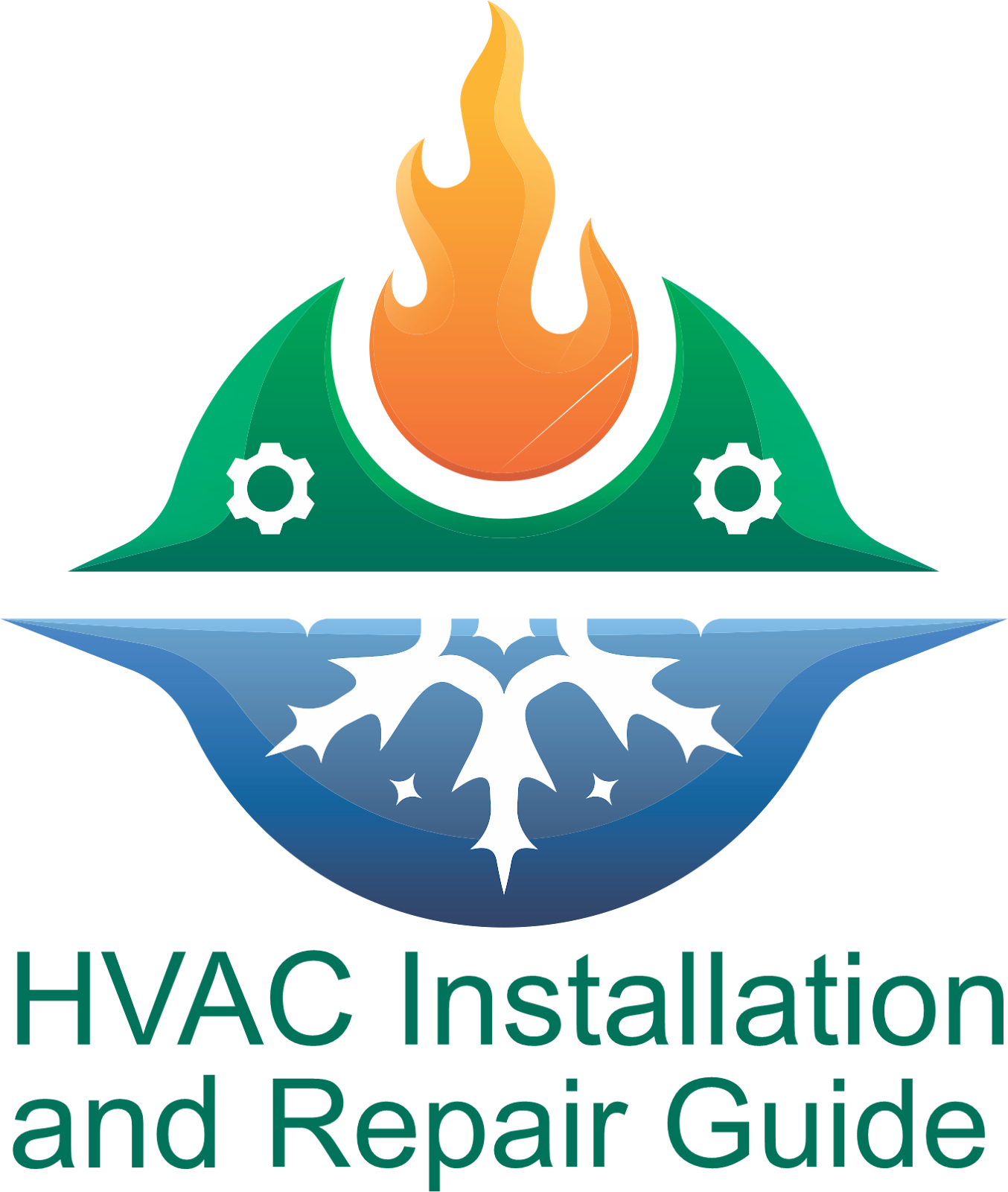How Long Does It Take to Get an HVAC Certificate?
HVAC Programme Types:
1. Certificate Programmes:
Time frame: six months to a year
Description: Community colleges and technical institutions frequently offer these programs. They concentrate on the core competencies required for HVAC entry-level jobs. Topics include fundamental refrigeration, air conditioning, heating systems, and safety procedures, usually covered in the program.
2. Programmes for Associate Degrees:
Duration: two years
Description: An associate's degree in HVAC offers a greater understanding of the profession and is more thorough. General education classes are part of these programs, in addition to technical training. This is the best career route for people seeking specialized or supervisory posts.
3. Apprenticeships:
Duration: three to five years
Description: An apprenticeship combines classroom education with on-the-job training. Frequently, trade groups, contractors, or unions finance them. Apprentices receive compensation as they study and acquire practical experience. While this approach takes longer than other educational programs, it is more comprehensive.
Levels of Certification
1. Certification under EPA Section 608:
Duration: Several days to a few weeks
Description: The Environmental Protection Agency (EPA) mandates this qualification for technicians who handle refrigerants. It involves passing a test on how to handle, discard, and recycle refrigerants properly.
2. NATE Accreditation:
Duration: Preparing for an exam and studying can take weeks or months.
Description: In the HVAC sector, the North American Technician Excellence (NATE) certification is highly regarded. It exhibits a more advanced degree of expertise. Studying both general subjects and specialized subjects, such as gas furnaces, heat pumps, and air conditioning, is necessary to be ready for the NATE tests.
3. Credentials Particular to the Industry:
Duration: Variable
Description: Many manufacturers and trade associations provide specialized certifications for particular tools or technology. The length of time needed to earn these certifications varies depending on the training program's structure and the subject matter's intricacy.
Variables Impacting the Length
- Studying full-time vs. part-time: Full-time students will finish their courses more quickly than part-timers, who might also be juggling other obligations and a job.
- Prior Education and Experience: Individuals with prior technical training or job experience may be able to expedite the certification process through advanced standing or credit for prior learning.
- Learning Mode: Depending on the student's pace, online programs can be finished more quickly than traditional in-person classes and offer greater flexibility.
How to Obtain a Certificate in HVAC
- Select Your Course: Depending on your time constraints and job objectives, choose between an apprenticeship, associate degree, or certificate.
- Sign Up for a Course: Choose a training facility or institution that is accredited.
- Finish all of your coursework: Pay attention to the practical as well as theoretical components of HVAC systems.
- Get Practical Experience: An externship or on-the-job training component is a common feature of many programs.
- Acquire the Required Certifications: Aim for and succeed on necessary tests, such as the NATE certification or the EPA 608 exam.
- Maintain Your Education: To progress your career, keep up with additional certifications and continuous education.
Overview
Depending on your chosen school path and certification level, obtaining an HVAC certificate might take anywhere from a few months to several years. Choosing between a short certificate program, a longer apprenticeship, or a more comprehensive associate degree offers worthwhile training. It can pave the way for a lucrative future in the HVAC sector. Give top priority to selecting the program that most closely fits your situation and professional goals.

